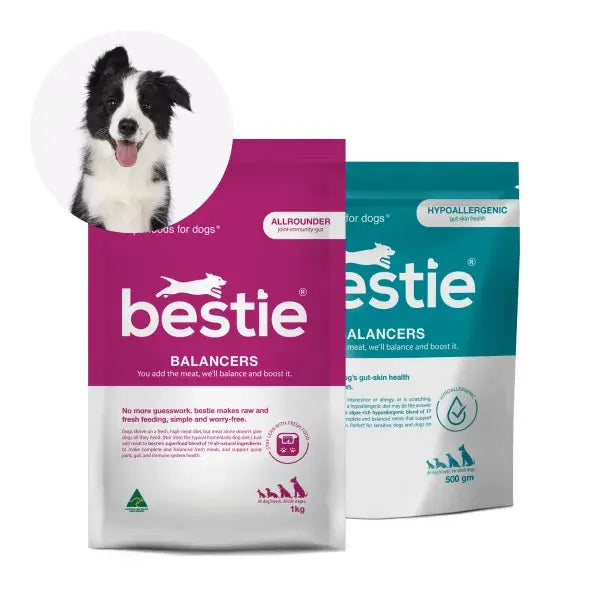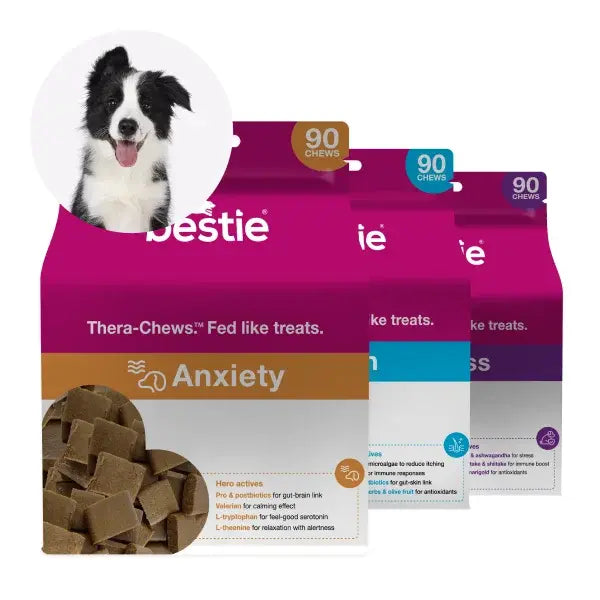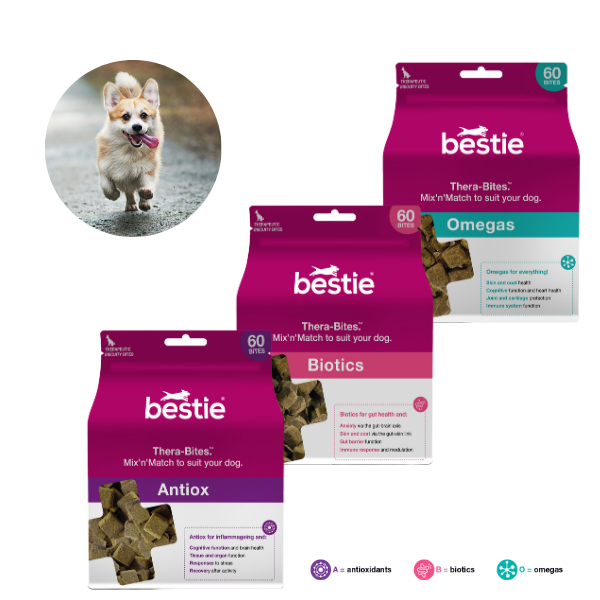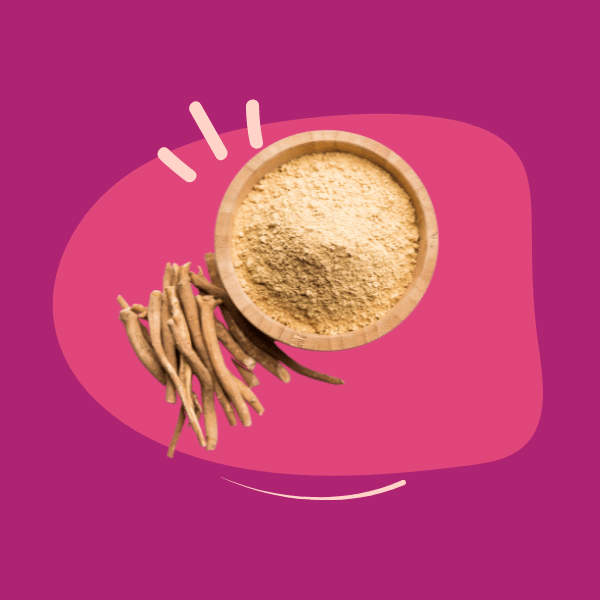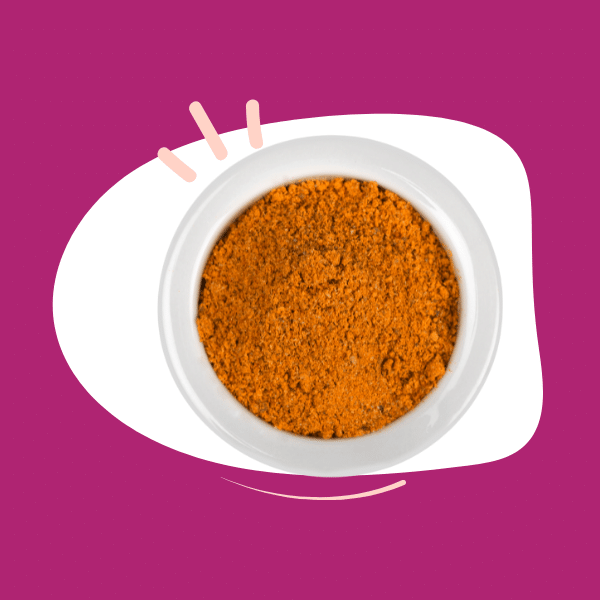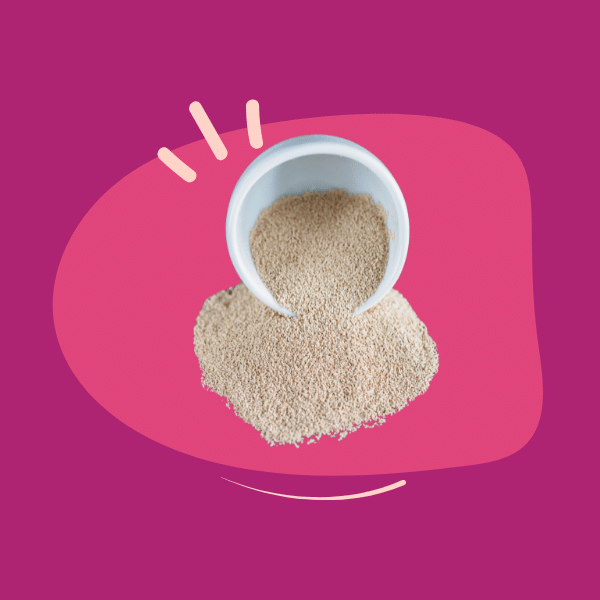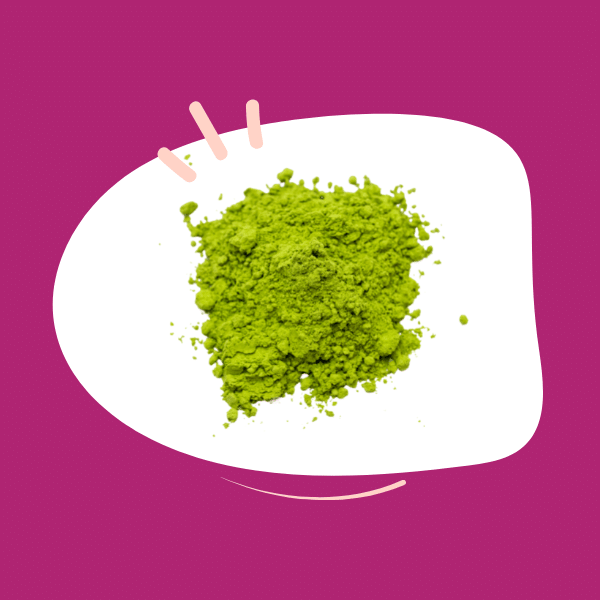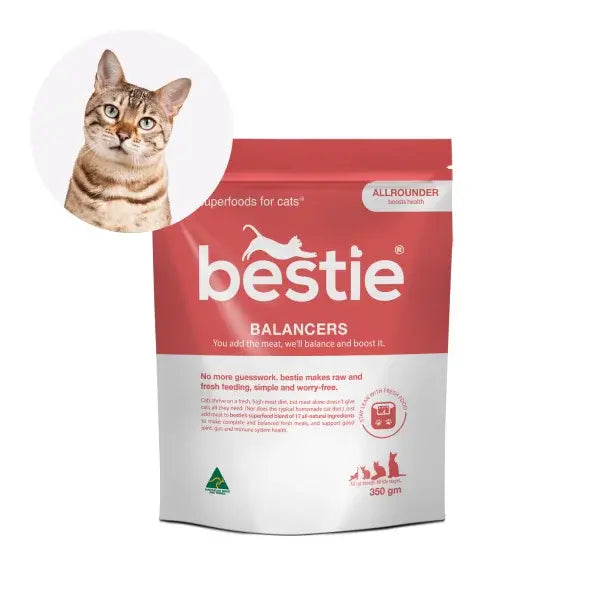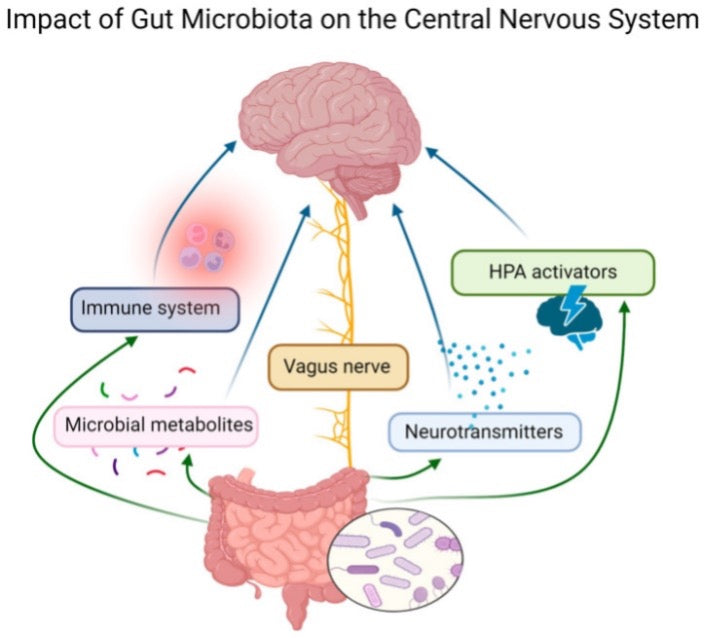In a recent episode of our podcast The Pet Nutrition Show, we took a deep dive into the topic of itchy skin, with co-host Dr Anna Sutton.
Here's a summary of what we talked about, below. But if you'd like to have a listen to the whole thing: You can also listen on Spotify or Apple.
Discussing Itchy Skin in Pets
Amanda: "Today, we're talking about itchy skin, a complicated issue that many pet parents face. But first, a quick Q&A."
Q&A: Why Does My Pet's Coat Change Color?
Amanda: "Why does a dog's coat sometimes appear reddish?"
Dr. Anna: "This can occur due to prolonged exposure to sunlight, leading to a breakdown of dark pigments in the coat. Nutritional deficiencies like a lack of certain amino acids, vitamins, or minerals, such as copper, can also affect coat color. Genetics, health issues, and even age can cause changes in a pet’s coat color."
Common Symptoms of Itchy Skin
Amanda: "What symptoms should you look out for if your dog has itchy skin?"
Dr. Anna: "Common symptoms include scratching, licking, and rubbing. Your dog might also roll over and rub their back against the carpet. If the issue persists, it can lead to ulcers, dry and flaky skin, or even pustules."
Understanding Dermatitis
Amanda: "So, what exactly is dermatitis?"
Dr. Anna: "Dermatitis is an inflammatory reaction to a foreign invader, known as an antigen. The body releases antibodies and inflammatory compounds, causing the itching."
Causes of Itchy Skin
Amanda: "What are some common causes of itchy skin?"
Dr. Anna: "Causes can include:
- Environmental factors like dust, pollen, and plants
- Food allergies
- Flea and tick infestations
- Skin infections
- Chemical exposure from shampoos and lotions
- Nutritional deficiencies
- A compromised skin barrier function"
Impact of Stress and Anxiety
Amanda: "Is there a link between stress and skin issues?"
Dr. Anna: "Yes. Stress can lead to repetitive behaviors like scratching and licking, which can damage the skin barrier. Additionally, saliva contains bacteria that can cause infections."
How Common is Itchy Skin?
Amanda: "How widespread is itchy skin among pets?"
Dr. Anna: "About 15% of dogs suffer from some form of dermatitis at some point, with atopic dermatitis being the most common. Cats, however, seem less susceptible with an incidence of around 5%."
Treatment Options for Itchy Skin
Amanda: "What are the treatment steps for itchy skin?"
Dr. Anna: "The treatment usually includes:
- Identifying the root cause through an elimination process.
- Treating symptoms with anti-inflammatory and pain-relieving medications.
- Repairing the skin barrier with topical treatments and nutritional supplements."
Nutritional Supplements for Itchy Skin
Amanda: "What role do omega fatty acids and probiotics play in treatment?"
Dr. Anna: "Omega-3 fatty acids from fish oil are crucial for reducing inflammation and improving skin barrier function. Probiotics can help, although responses vary among dogs. Additionally, vitamins like A, E, and zinc are essential for skin health."
Food Allergies and Elimination Diets
Amanda: "How can you tell if a food allergy is causing the issue?"
Dr. Anna: "Elimination diets can help identify food allergens. This involves removing common allergens from the diet and introducing them one by one to see which causes a reaction. Hypoallergenic diets and novel protein sources can also be used."
Dull or Brittle Coats
Amanda: "What if the coat is dull or brittle?"
Dr. Anna: "This could be due to nutritional deficiencies, particularly in protein, fatty acids, copper, or zinc. A balanced diet is key to maintaining a healthy coat."
Home Food Hack for a Healthy Coat
Amanda: "What is a quick food hack for a healthy coat?"
Dr. Anna: "A teaspoon of chia seed oil on your dog's food provides a good dose of omega-3 and omega-6 fatty acids. If you don’t have the oil, chia seeds will also work."


